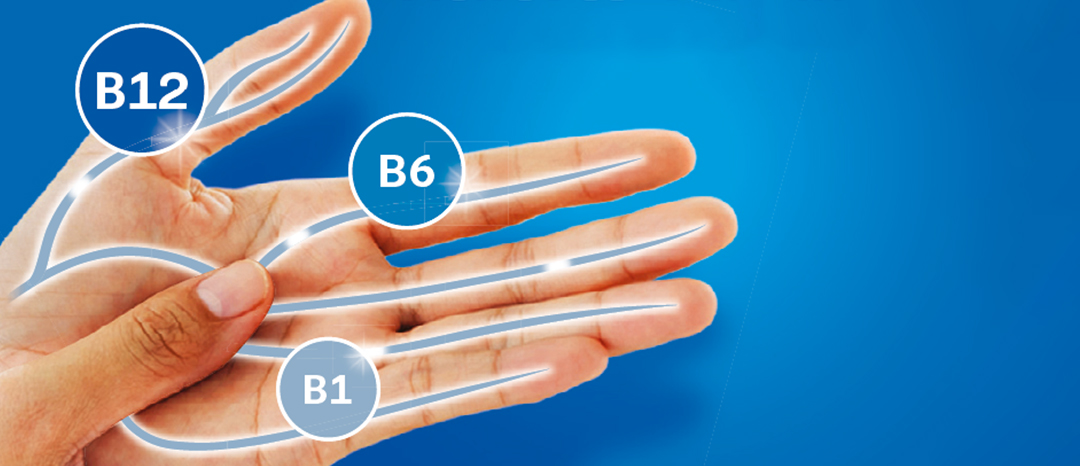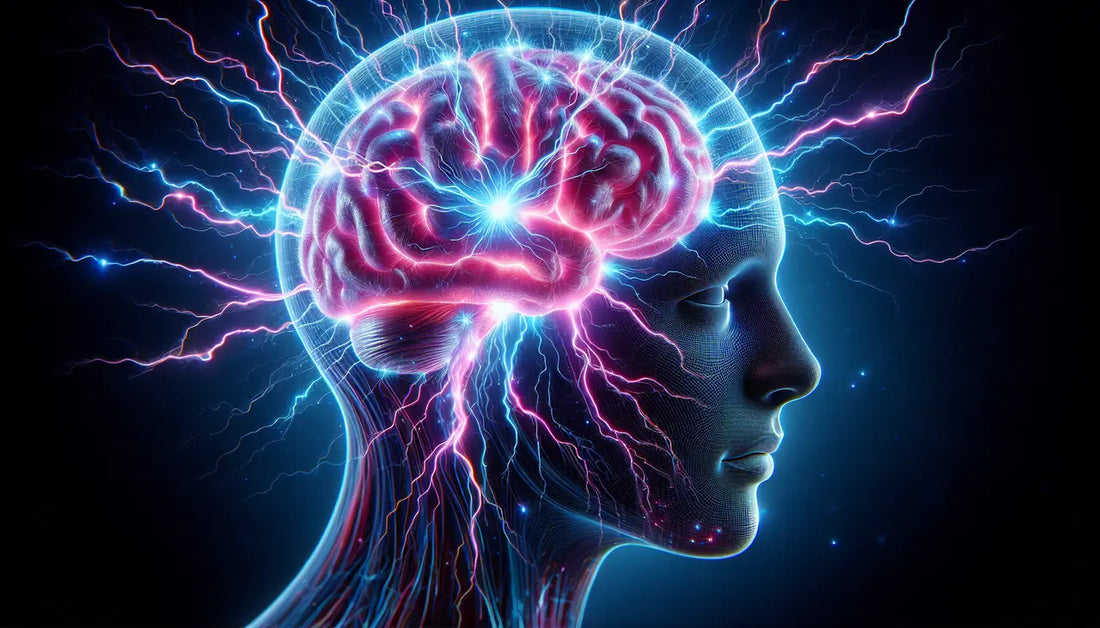Does Taking a Multivitamin Help With Memory?
You are not alone if you have ever forgotten why you entered a room or discovered your keys in the refrigerator. Memory loss is annoying, and it raises the question, "Can a multivitamin help?"

The quick response? Perhaps, based on your identity and the necessities of your body.
When it comes to multivitamins and memory, let us dissect what is known, what is merely hype, and what matters most.
First, what is necessary for memory to flourish?
One of your body's most ravenous organs is your brain. It requires:
B vitamins for energy and neurotransmitter function, including B6, B9/folate, and B12.
Vitamin D for healthy brain function and mood modulation
Vitamins C and E are examples of antioxidants that combat oxidative damage.
Omega-3s for cell membrane function (not present in most multivitamins)
Lack of any of them can have the following effects:
Concentration
Mental acuity
Recall
Speed of processing
Theoretically, a multivitamin could aid enhance memory by supplying the essential elements your body is missing.
According to Research, Can Memory Be Improved by Multivitamins?
Some encouraging hints are provided by recent research, particularly for senior citizens.
COSMOS study led by Harvard (2022 & 2023): Compared to those who took a placebo, those over 60 who took Centrum Silver, a daily multivitamin, for three years experienced slight gains in memory and general cognition.
According to a 2019 meta-analysis, several multivitamins had a marginally significant impact on memory in healthy individuals, primarily in older populations.
The hitch is that these advancements are not significant; rather, they are modest.
Memory loss cannot be reversed or cured by multivitamins.
A multivitamin might not have much of an impact if you already eat a diet high in nutrients.
The Magic Pill Is Not Multivitamins
It will not address sedentary lifestyles, chronic stress, or inadequate sleep, all of which have a significant negative influence on memory.
Neurological disorders like Alzheimer's and dementia cannot be reversed by it.
It does not take the place of a well-rounded diet full of authentic, vibrant foods.
Consider a multivitamin to be your brain's backup strategy, not its exclusive one.
Thus, is it appropriate to take a multivitamin for memory?
Here's how to determine whether it could be helpful:
You adhere to a restricted diet, such as vegan or keto.
You either eat less or consume a lot of manufactured food.
You are recuperating from a disease or ongoing stress.
You have been informed that your iron, B12, or D levels are low.
If you currently consume a diet high in fruits, vegetables, whole grains, and healthy fats, it probably will not make any difference.
You are getting enough sleep, exercising frequently, and controlling your stress.
You are in good health and under 40.
Consult your physician or a certified dietitian before beginning a supplement, particularly if you are on medication or are managing a medical condition.
Actual Methods for Improving Memory (Apart from Pills)
Here are some scientifically proven strategies to improve your cognitive function, regardless of whether you take a multivitamin:
Improve your sleep quality because deep sleep is when memory consolidation occurs.
Reduce stress since long-term memory loss is caused by elevated cortisol levels.
Consume fatty fish, leafy vegetables, berries, and almonds as brain fuel.
Put your wits to the test by solving puzzles, reading, or picking up new skills.
While multivitamins can help with memory, they are most effective when combined with brain-fueling behaviors from everyday life.
Conclusion: Valuable—With Reasonable Expectations
Can taking a multivitamin help you remember things better?
Yes, particularly if you are over 50 or lacking in important nutrients. However, it is not a panacea. For the majority of people, a nutrient-dense diet and lifestyle choices are the true sources of power.
Consider a multivitamin as a single tool, not the entire set, in your arsenal for mental wellbeing.
What's Your Reaction?




















